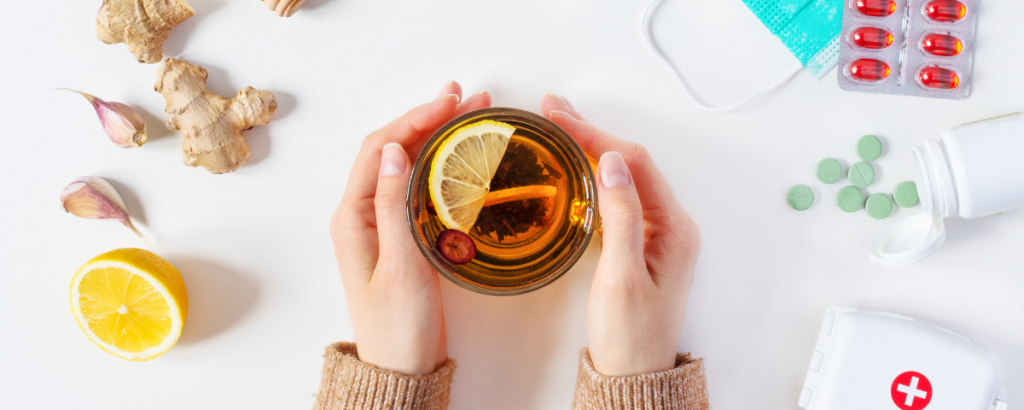The therapeutic potential of medical marijuana in treating drug addiction has garnered significant interest and research in recent times. Studies indicate that medical marijuana can help reduce cravings for opioids and alleviate withdrawal symptoms. Additionally, it shows promise in treating other forms of addiction, such as alcohol abuse.
Marijuana contains compounds known as cannabinoids, with delta-9-tetrahydrocannabinol (THC) and cannabidiol (CBD) being the most prominent. These cannabinoids interact with the body’s endocannabinoid system, which regulates various physiological processes, including pain, mood, and addiction. While THC is renowned for its psychoactive effects, CBD is non-intoxicating and has been studied for its potential therapeutic properties, including anxiety reduction and anti-inflammatory effects.
Another compound found in marijuana that is garnering attention for its therapeutic potential is tetrahydrocannabinolic acid (THCa). THCa is the precursor to THC and is present in raw, unheated cannabis plants. Unlike THC, THCa does not produce psychoactive effects, but preliminary studies suggest it may possess anti-inflammatory and neuroprotective properties. Due to limited knowledge about these compounds, people often have questions such as “does thca get you high” or “how much THCa should I consume”. In this blog post, we delve into detailed information about marijuana, particularly its medical aspects, and explore the various effects its compounds have on drug addiction.
The Different Types of Drug Addictions that Can Be Treated with Medical Marijuana
Several different drug addictions can be treated with medical marijuana, including heroin, cocaine, alcohol, and methamphetamine. Each of these drugs has its own specific set of effects on the body, and thus each may respond differently to medical marijuana treatment. However, in general, medical marijuana is effective in reducing the craving for all four of these substances, as well as helping to reduce withdrawal symptoms and improve overall physical and mental health. In addition to the four substances mentioned above, medical marijuana has also been used to treat common pain medications such as opioids. In particular, medical marijuana is helpful for those who suffer from chronic pain caused by arthritis, multiple sclerosis, and other conditions. Finally, medical marijuana may also help to reduce anxiety and depression in certain individuals.
It is important to note, however, that medical marijuana should only be used under the supervision of a healthcare professional. It is important to understand how medical marijuana can interact with other medications and to keep track of any potential side effects or interactions with other drugs. To ensure the quality of the product, medical marijuana should only be sourced from trusted craft weed online canada dispensaries or similarly trusted stores wherever one lives. Additionally, medical marijuana should never be used as a substitute for other treatments or medications prescribed by a doctor.
How Does Medical Marijuana Work to Treat Addiction?
Medical marijuana is effective in treating drug addiction. It can help to reduce cravings and withdrawal symptoms, as well as improve mental health and well-being. Medical marijuana can also help to promote abstinence from substances of abuse by reducing the reinforcing effects of those substances.
Medical marijuana helps treat addictions, such as opioid addiction and alcohol addiction. In some cases, it may even help to reduce relapse rates. While more research is needed, there is evidence that medical marijuana can be a beneficial treatment option for people struggling with addiction. With the variety of options available with respect to the consumption of marijuana, an individual can find the type that works best for them at crested butte dispensary (or a similar store). They can explore between vapes, tinctures, edibles, and concentrates and speak to a medical professional regarding the dosage for each, before they make their choice.
Medical marijuana can work to treat addiction by interacting with the body’s endocannabinoid system, which is involved in regulating emotions, memory, and mood. Cannabinoids found in medical marijuana, such as THC and CBD, can bind to receptors in the brain and body to reduce pain, anxiety, and depression. This can help to reduce cravings for substances of abuse and improve mental health overall. In addition, medical marijuana can also increase dopamine levels in the brain which is beneficial for treating addiction.
The Pros and Cons of Using Medical Marijuana to Treat Addiction
The use of medical marijuana to treat addiction is a controversial topic. Some people believe that it is an effective treatment, while others are concerned about the potential risks. Here, we will explore the pros and cons of using medical marijuana to treat addiction.
On the pro side, some argue that marijuana can be used to help wean people off of more addictive and harmful drugs. They point to its relatively low risk of dependence and overdose compared to other substances as evidence that it could be helpful in this regard. Additionally, marijuana has been shown to have some success in treating other conditions like chronic pain, which may also play a role in addiction.
On the con side, critics worry that marijuana could act as a “gateway drug” and lead people to try harder substances. They also point out that there is limited research on the efficacy of using marijuana to treat addiction, so the long-term effects are unknown. And some states have not legalised medical marijuana, making it difficult for people with addiction problems to access it.
Regardless of where marijuana stands as a treatment for addiction, there are other effective solutions too. Many centres like the ibogaine clinic provide treatments for addiction through detoxification, medication, a change in the environment, and therapeutic steps among others. While marijuana, indeed, has the potential to manage different issues, the holistic approaches of treatments in these centres may see higher rates of effectiveness compared to individual marijuana use.
Ultimately, whether or not medical marijuana is an effective addiction treatment is still a matter of debate. However, as more research is conducted and more states legalise its use, we may gain a better understanding of its potential benefits and risks.
The evidence shows that medical marijuana is an effective treatment for drug addiction. Studies have found that cannabis can reduce symptoms of withdrawal, decrease cravings, and improve overall well-being in people with substance use disorders. Moreover, its side effects are much milder than those associated with traditional therapies such as pharmaceuticals or behavioural therapy. For these reasons, many experts believe that medical marijuana should be explored further as a viable treatment option for drug addiction.




